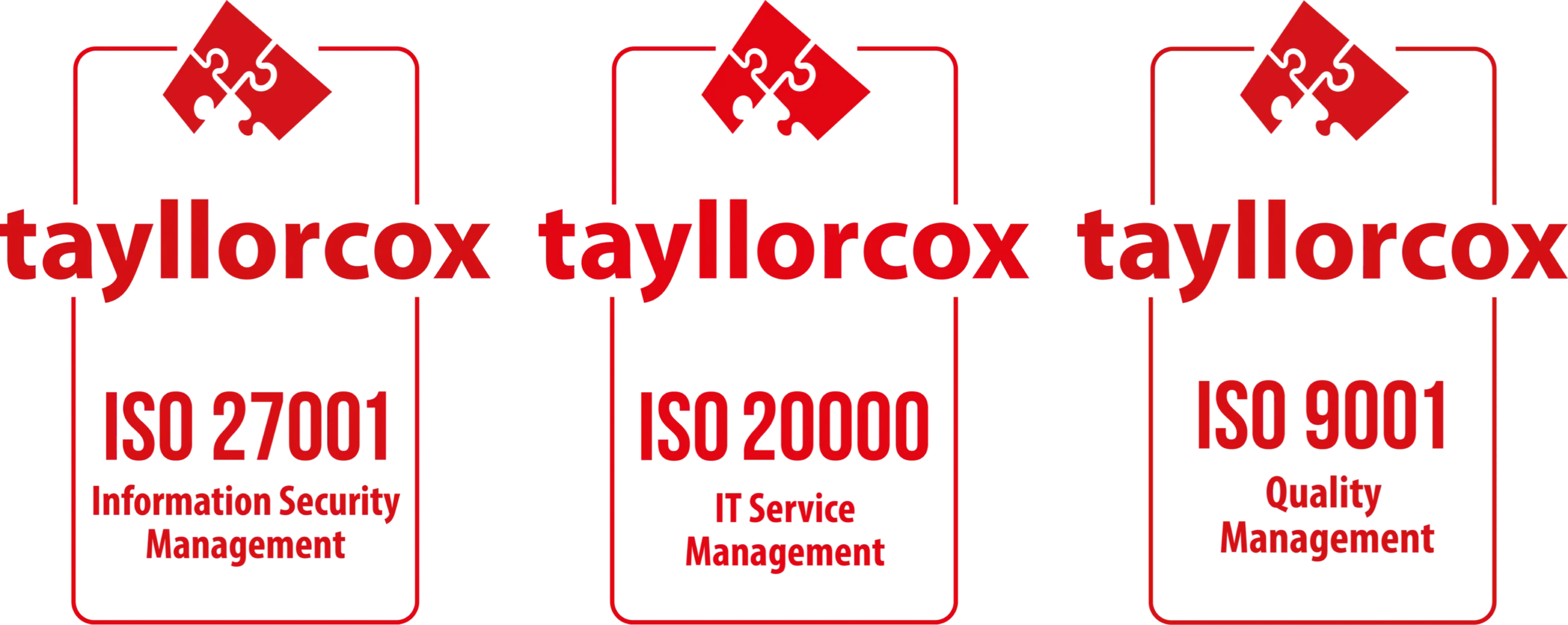Config drives
Note
This section provides deployment information about the config drive
feature. For end-user information about the config drive feature and
instance metadata in general, refer to the user guide </user/metadata>.
Config drives are special drives that are attached to an instance
when it boots. The instance can mount this drive and read files from it
to get information that is normally available through the metadata service.
</admin/metadata-service>
There are many use cases for the config drive. One such use case is
to pass a networking configuration when you do not use DHCP to assign IP
addresses to instances. For example, you might pass the IP address
configuration for the instance through the config drive, which the
instance can mount and access before you configure the network settings
for the instance. Another common reason to use config drives is load. If
running something like the OpenStack puppet providers in your instances,
they can hit the metadata servers every fifteen minutes,
</admin/metadata-service>
simultaneously for every instance you have. They are just checking in,
and building facts, but it’s not insignificant load. With a config
drive, that becomes a local (cached) disk read. Finally, using a config
drive means you’re not dependent on the metadata service being up,
reachable, or performing well to do things like reboot your instance
that runs cloud-init at the
beginning.
Any modern guest operating system that is capable of mounting an ISO
9660 or VFAT file system can use the config drive.
Requirements and guidelines
To use the config drive, you must follow the following requirements
for the compute host and image.
Compute host requirements
The following virt drivers support the config drive: libvirt, Hyper-V
and VMware. The Bare Metal service also supports the config drive.
- To use config drives with libvirt or VMware, you must first install
thegenisoimage
package on each compute host. Use themkisofs_cmdconfig option to set the
path where you install thegenisoimageprogram. Ifgenisoimageis in the
same path as thenova-computeservice, you do not need to set this
flag. - To use config drives with Hyper-V, you must set the
mkisofs_cmd
config option to the full path to anmkisofs.exeinstallation. Additionally, you must
set thehyperv.qemu_img_cmdconfig option to
the full path to anqemu-imgcommand installation. - To use config drives with the Bare Metal service, you do not need to
prepare anything.
Image requirements
An image built with a recent version of the cloud-init
package can automatically access metadata passed through the config
drive. The cloud-init package version 0.7.1 works with Ubuntu, Fedora
based images (such as Red Hat Enterprise Linux) and openSUSE based
images (such as SUSE Linux Enterprise Server). If an image does not have
the cloud-init package installed, you must customize the image to run a
script that mounts the config drive on boot, reads the data from the
drive, and takes appropriate action such as adding the public key to an
account. For more details about how data is organized on the config
drive, refer to the user guide <metadata-config-drive>.
Configuration
The nova-compute
service accepts the following config drive-related options:
api.config_drive_skip_versionsforce_config_driveconfig_drive_format
If using the HyperV compute driver, the following additional options
are supported:
hyperv.config_drive_cdrom
For example, to ensure nova always provides a config drive to
instances but versions 2018-08-27 (Rocky) and
2017-02-22 (Ocata) are skipped, add the following to nova.conf:
Note
The img_config_drive image metadata property can be used
to force enable the config drive. In addition, users can explicitly
request a config drive when booting instances. For more information,
refer to the user guide.
<metadata-config-drive>




